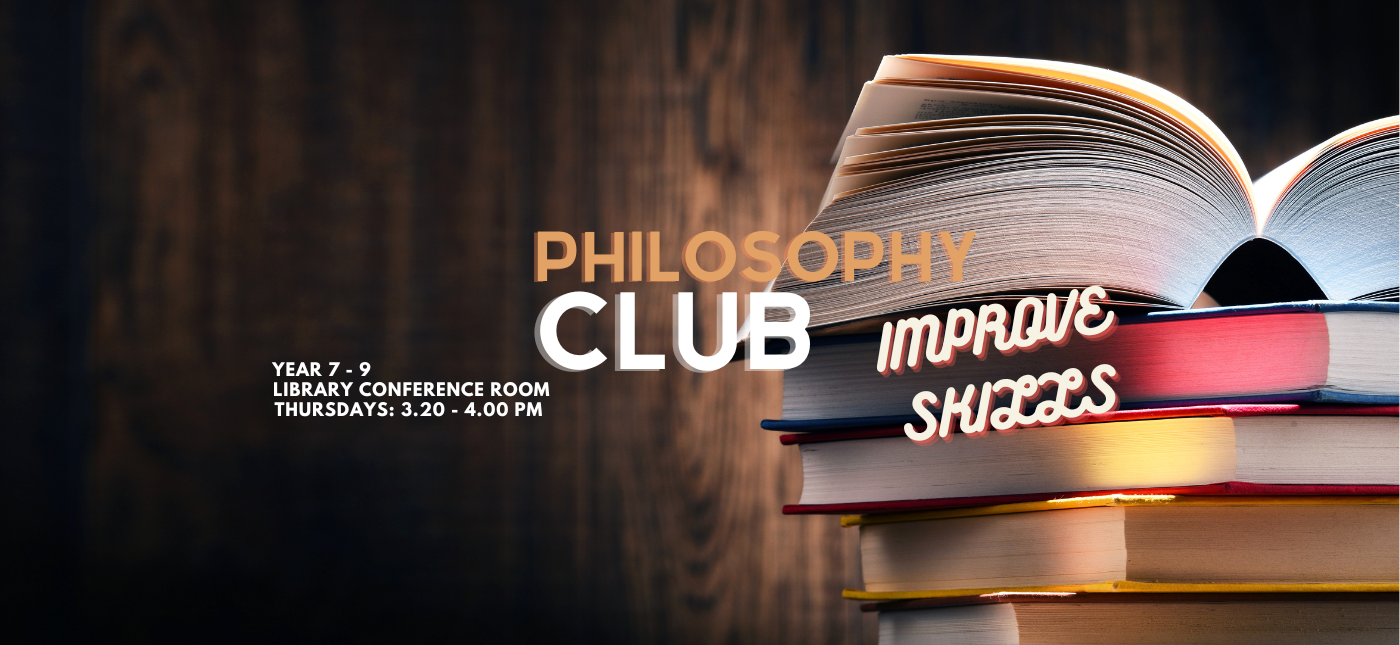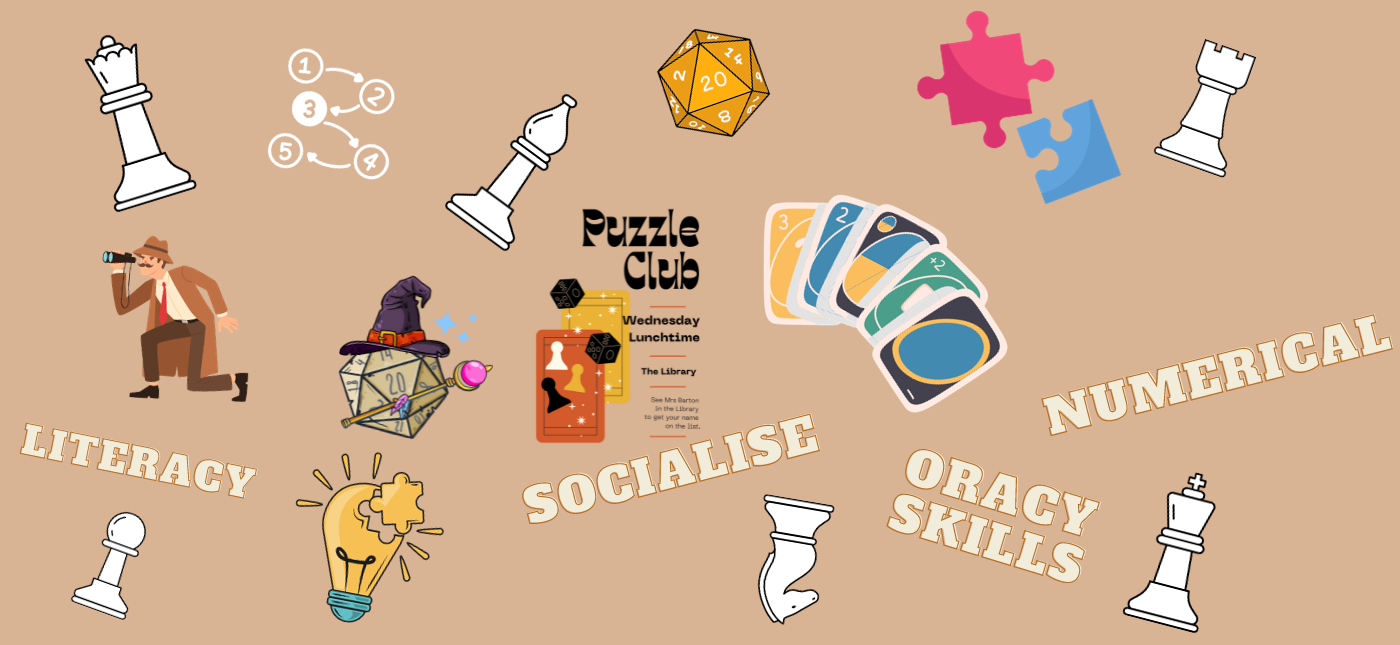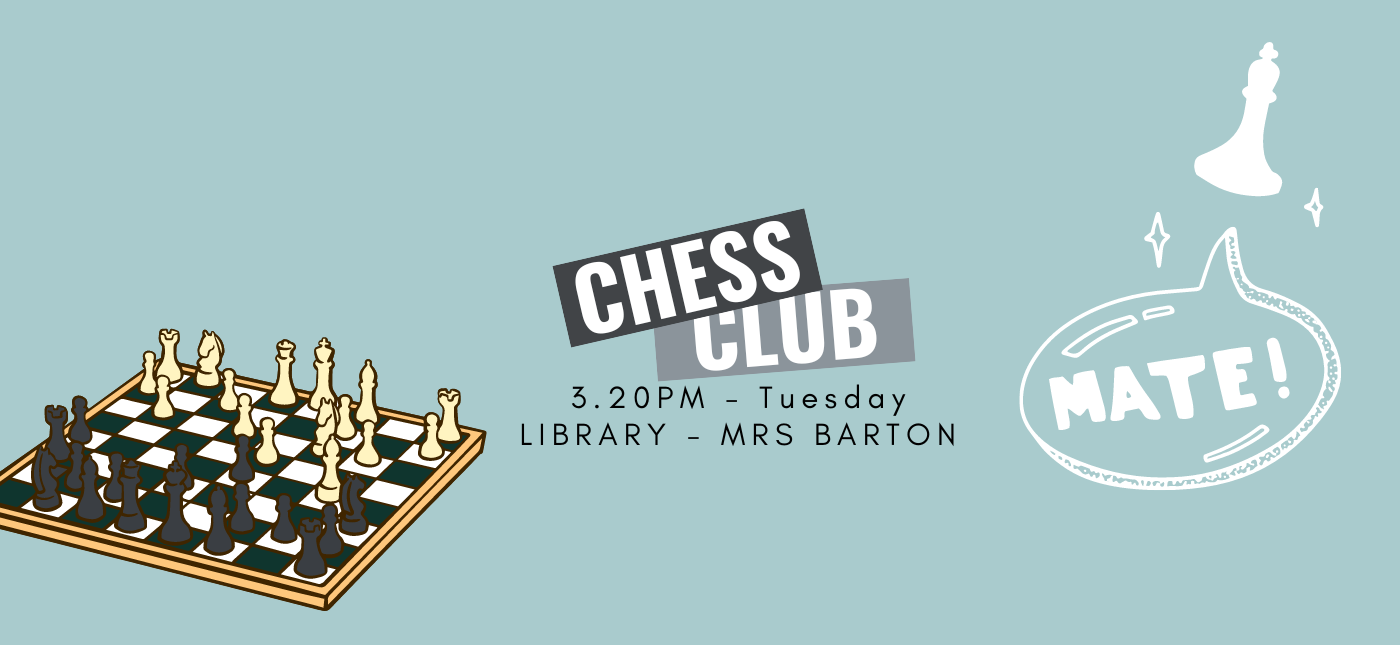Philosophy & Ethics (Religious Education)
Overview Statement
The Philosophy and Ethics curriculum aims to provide students with philosophical skills such as understanding the importance of knowledge, critical thinking and appropriate questioning so that students may approach our curriculum in such a way that allows them to take the most from it. Students learn to ask meaningful questions, evaluate different perspectives, and make reasoned arguments. By studying a variety of religions, as well as motivations for being religious, and a number of profound philosophical questions such as 'Does God exist?', 'Is there life after death?' and 'What is the problem of evil?', students gain a deeper understanding of complex issues in morality, justice, society, and human existence.
A high quality Philosophy and Ethics education ensures all students:
- Gather a comprehensive understanding of various religious traditions and appreciate the impact of religion on the individual, community, wider society and the wider world.
- Advance skills of articulation, listening and discussing.
- Develop skills of empathy in the context of belief and experience.
- Appreciate differences in interpretation of religious and philosophical texts and argument.
- Develop tools which will enable them to make sense of the human experience by being able to distinguish fact, belief and opinion.
- Improve literacy skills through topic-specific vocabulary, extended writing practice and note-taking.
Key concepts:
- Philosophy- Encouraging students to appreciate the power of questioning the origins of existing knowledge and beliefs.
- Ethics - Encouraging students to think critically about the concepts of right and wrong and applying them to universal concepts such as war or religion.
- Belief - Encouraging students to appreciate various belief systems and how they affect a person's life, choices of the believer as well as non-believers.
- Interpretation - Encouraging students to appreciate that there can be numerous interpretations of one event, image, religious text etc and the reasons for such differences in understanding.
- Nuance - Encouraging the students to appreciate individuality in religion, philosophy, belief, faith and moral philosophy, and the various reasons for such a variety in outlooks.
Key Concepts of Philosophy and Ethics allow: Students to to think critically about knowledge, beliefs, values, and the diversity of human thought.
| Teamwork | Students will partake in guided class discussions and debate, allowing them to develop essential teamwork skills such as: listening, empathy and patience. |
| Respect | The Philosophy and Ethics curriculum focuses on ways of living through non-religious and lifestyles and communities allowing students to build respect and empathy towards those who live life differently to them. |
| Ambition | Our students can take the skills and knowledge they learn from Philosophy and Ethics into ambitious career paths such as international law/relations, diplomacy, project management, law enforcement and many more. |
| Community | Studying and understanding beliefs and lifestyles of those different to themselves will allow our students to become compassionate and understanding members of the school and wider communities. |
| Knowledge | In Philosophy and Ethics, our students will explore profound ideas pertaining to some of life's biggest questions. |













